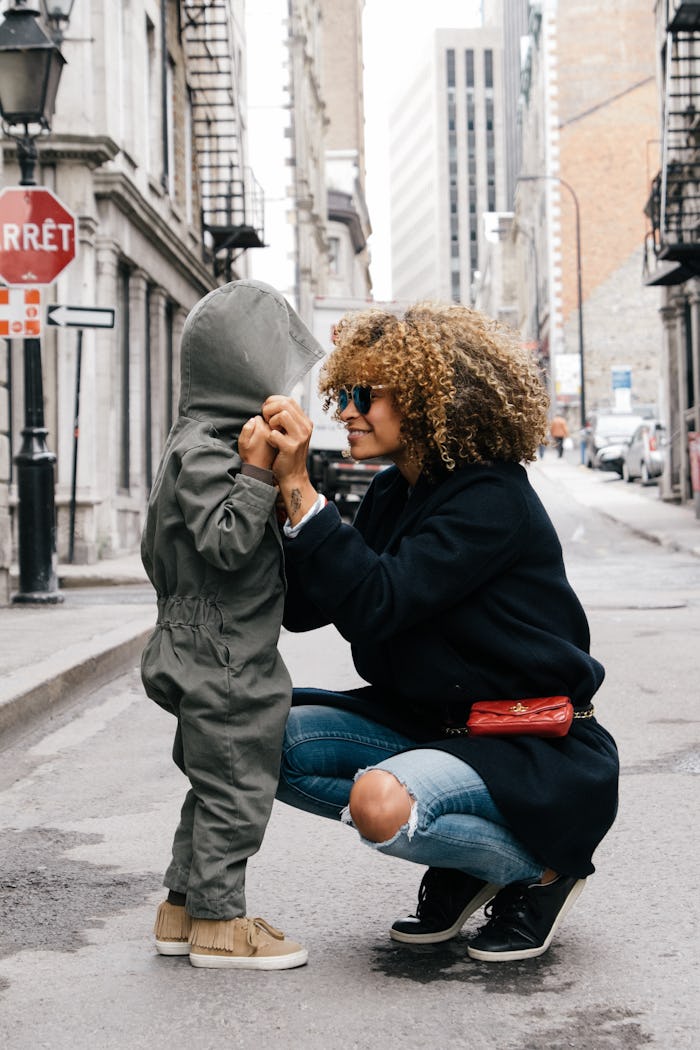Life

3 Reasons To Call Your Vagina A Vagina
There are lots of things that parents, teachers, siblings, and others have to teach little kiddos. From their ABCs to the names of people, places, and things, young kids rely on those around them to learn everything from the basics to the more advanced life skills. One of the things that parents have to teach their kids is the name for each part of their body. Although some parents choose to use alternative names for some body parts (which is fully their right to do so), there are some valid reasons why you shouldn't use euphemisms for "vagina" or penis when talking to your kids.
There are many terms that parents use to refer to any and all body parts. And, again, it's fully their right to do so. And in some situations it's OK. After all, using kneecap over patella really isn't that big of a deal. Many pediatricians and other experts, however, believe that it can be positive for kids to learn the anatomical terms for their "private parts" in particular. If you're thinking about whether or not to use correct names for genitalia when talking to your kids when they get older, consider these three reasons why you should.
1It Helps Boost Body Positivity
Psychology professor Sandy K. Wuertle told The New York Times that body image is the most important reason to teach your child that her vagina is called a vagina. Similarly, Virginia-based counselor Karla Helbert told The Today Show that calling vaginas by a made-up names such as "cookie" can subtly make kids think there's something wrong or bad about vaginas.
2It May Make Them Less Susceptible To Sexual Abuse
Learning the anatomically correct names for body parts could actually help protect kids from sexual abuse, according to The Atlantic. If the worst was to happen, parents, teachers, doctors, or other trusted adults wouldn't be unsure or confused if the child used the correct terminology. There's more that can be done to prevent childhood sexual abuse than only making sure children know that private parts are private. As child psychologist Anthony Rizzuto told The Atlantic in that same article, knowing the right names for body parts helps kids' ability to report abuse if it happens.
3It Helps With Parent-Child Communication
If your kids know the correct terms for body parts, they may better understand that they won't get in trouble for asking you questions about body parts, sex, or health, according to Jezebel. Kids are often naturally curious, but they'll probably quickly stop asking questions if they think they're doing something bad or will get in trouble for doing so.